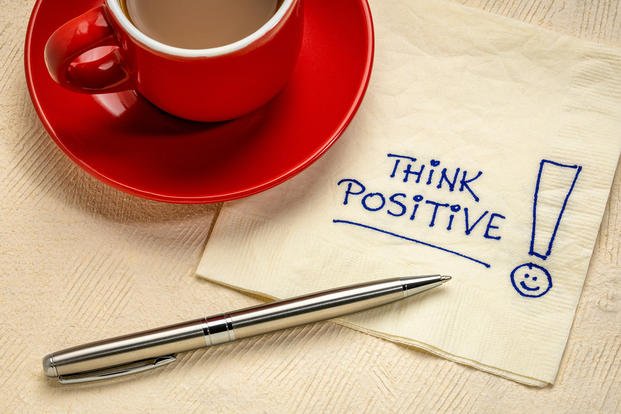Golf superstar Tiger Woods incorporates visualization into his pre-swing routine. Phil Jackson, head coach of the Los Angeles Lakers, implores his players to visualize victory before games. And swimmer Michael Phelps employed visualization and relaxation techniques before his 2004 Summer Olympics races.
So if your career gold medal is a better job, visualizing your interviews in advance could be worth trying.
The Power of Positive Thoughts
Many of us have visualized worst-case interview scenarios. It's not unheard-of for people to have nightmares about upcoming interviews. According to Lynn Joseph, that power can be harnessed in a positive direction to get what you want from an interview. Joseph is vice president of Parachute, an outplacement company in Point Richmond, Virginia. For the purposes of disclosure, I'm also employed by Parachute.
Athletes, entertainers and salespeople have been using visualization for decades. Now job seekers are using this technique, too.
The Journal of Consulting Psychology outlined an experimental study of visualization techniques. One group of job seekers received traditional career counseling and interview coaching. Those in the second group were exposed to the same career counseling and interview training, but these job seekers also learned to use visualization techniques related to these subjects.
Two months after the training, 21% of those in the group who did not use mental imagery found new jobs. But 66% of those who used this technique were employed within two months.
Train Your Mind
What distinguishes good visualization techniques from a passing daydream is that you purposefully program your mind to visualize only the positive things you want to happen. Follow these steps to seize the power of your imagination and program yourself for a successful interview:
- Lie down comfortably in a quiet room. Close your eyes and use each breath to relax your body from head to toe.
- Imagine yourself preparing for the interview on the morning it will take place. When you visualize getting to the employer's office, use your senses to imagine the colors, light, shadows and objects in the room. In your mind, hear the interviewer's voice when they greet you. Notice your emotions are calm and confident as you shake hands.
- When you meet the interviewer, imagine you are smiling warmly, and they are smiling back at you. As the interviewer begins to ask questions, imagine you answer them spontaneously and easily. You feel confident and comfortable. Ideally, at the end of the interview, you might imagine hearing the interviewer say something like, "You're hired" or, "Welcome aboard!"
The more you use your imagination in this way, the better you'll get at effective visualization.
Make Visualization Work for You
Cynthia, a financial analyst who was terrified of interviews, started using mental imagery to prepare herself for them. "Before I used the imagery, I felt like a scared puppy," she told me. "Now I feel like a lion." Cynthia got a job with a higher salary than she had imagined.
Brenda, a triathlete who used to cross the finish line in about the 20th percentile, now says, "If I practice visualizing a 'win' for about a week before the race, I'm ensured a third or even second place." Even the NFL's San Francisco 49ers and the U.S. Olympic gymnastic teams make mental imagery a compulsory part of their training programs.
You have nothing to lose by trying this technique for succeeding at job interviews -- and you might just find it works. Imagine that.
Find the Right Veteran Job
Whether you want to polish your resume, find veteran job fairs in your area or connect with employers looking to hire veterans, Military.com can help. Subscribe to Military.com to have job postings, guides and advice, and more delivered directly to your inbox.











